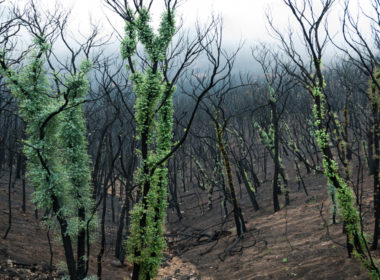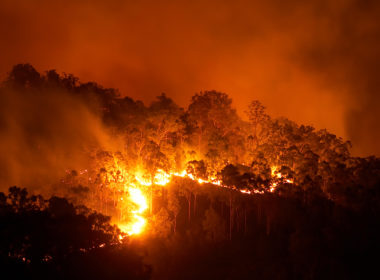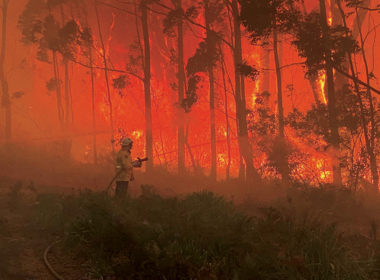Snapshot
- Not all property damage during the bushfire season was as a direct result of natural disaster.
- In some instances, a person’s acts or omissions contributed to the offence of starting a fire during a declared total fire ban. Such behaviour will often lead to the denial of an insurance claim, however this isn’t necessarily always the case.
- The precise effect of an exclusion clause depends on the facts and can be difficult to predict.
The 2019-20 Australian bushfire season has been described as the worst on record – both by firefighters and insurers. According to a submission by the Insurance Council of Australia to the Commonwealth House of Representatives Economic Committee Inquiry into Australia’s General Insurance Industry, since September 2019, in addition to the normal level of claims insurers might reasonably expect, a further $4.6 billion in insurance claims have been made because of natural disasters, including bushfires. The Insurance Council reported 242,000 claims, most of which were for damage to, or destruction of, family homes, cars, and belongings.
This article sets out a hypothetical scenario, a summary of fire ban related criminal legislation, and a selection of issues to consider when taking instructions after an insured’s acts or omissions contributed to starting a fire during a total fire ban. The focus is on policies of insurance covering home buildings, home contents, and motor vehicles.
Hypothetical scenario
On 23 January 2020, your client, who lives in Sydney, pulled out their barbeque ahead of Australia Day. To check the barbeque was working, they cooked some snags. A fire broke out and burned down their house. The fire also spread across the back fence to a bushland reserve, burning other land and chattels. Your client claimed under their home building and home contents insurance policies. Their insurer denied indemnity, pointing out that the NSW Gazette published a total fire ban order that day, asserting your client’s actions were illegal and intentional, and citing an exclusion clause. Your client wants legal advice.




